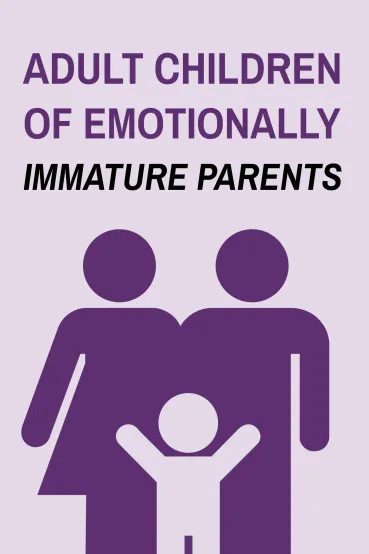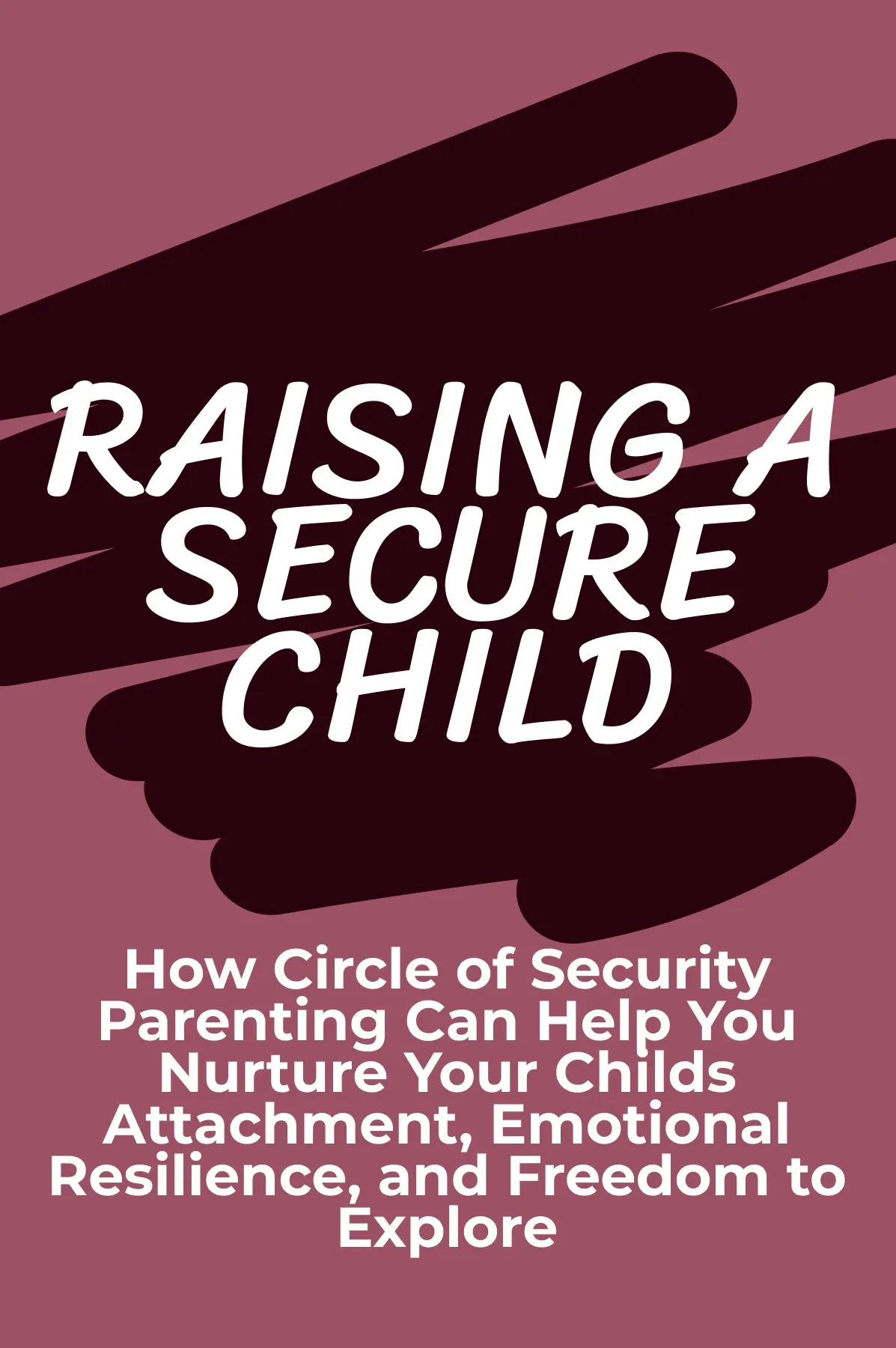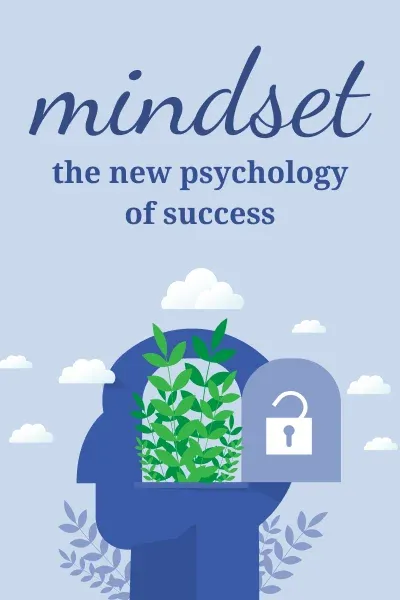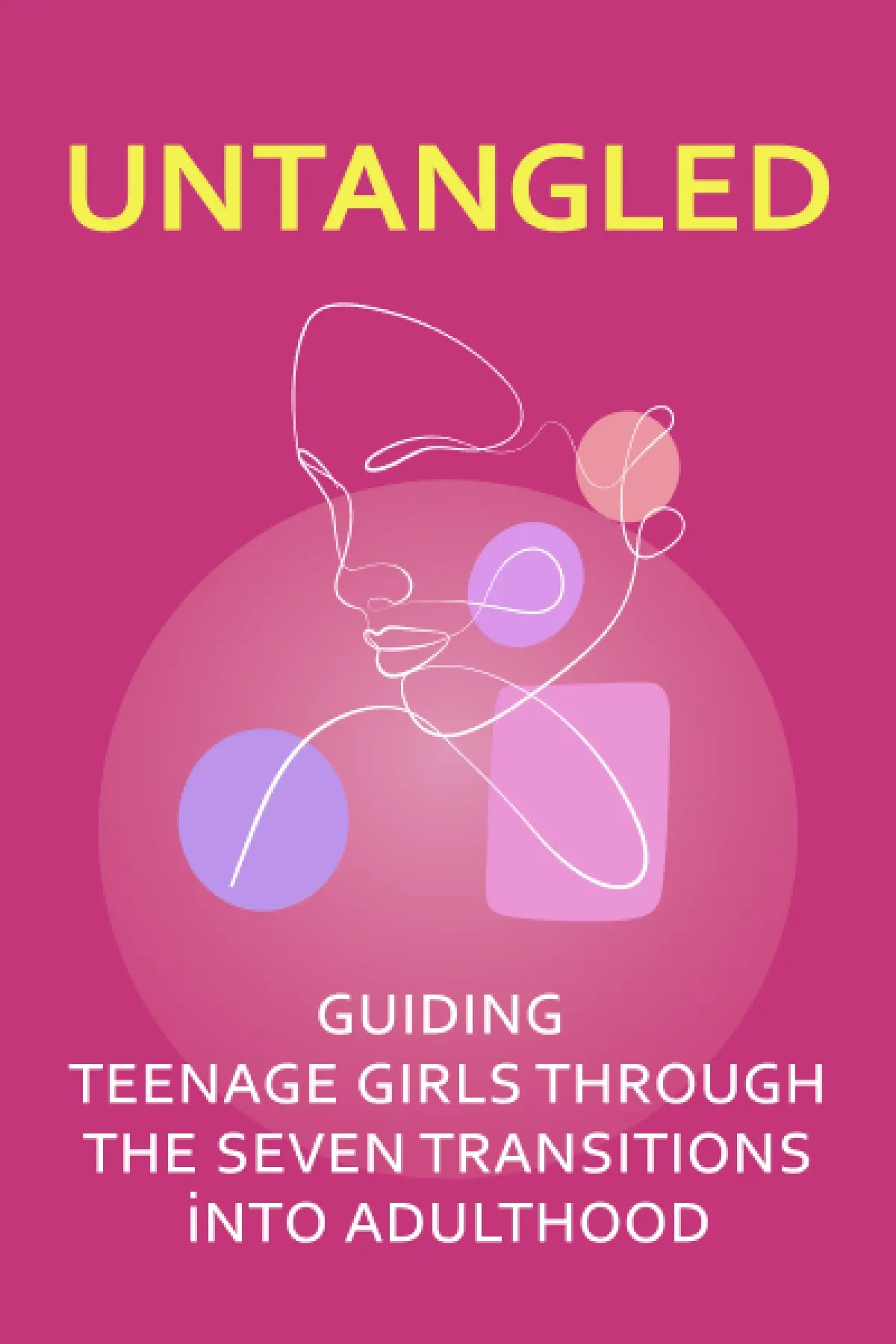
Adult Children of Emotionally Immature Parents
Brief Summary
Were your parents emotionally mature? How do you feel reflecting on your childhood? Do you feel loneliness or anxiousness? The book “Adult Children of Emotionally Immature Parents” by Lindsay C. Gibson answers all these questions and helps us overcome childhood trauma. This book can guide you in overcoming feelings of abandonment and loneliness and help you meet your emotional needs if you're willing to. You'll learn the four primary categories of parents that lack emotional maturity, the drawbacks of their influence, and the coping strategies that children of such families usually develop.
Topics
Key points
Key idea 1 of 7
Try to remember your childhood and reflect on it a tad before we start. How would you describe it? How do you feel when you recall that period? If you were raised by an emotionally immature parent, you might have feelings of anger, betrayal, and loneliness. These emotions may make you feel uncomfortable or embarrassed, but it is not uncommon to experience them.
It can be very unpleasant to suffer emotional loneliness, mainly if it results from maltreatment as a child. Even if you didn't realize it then, you probably felt the repercussions if one or both of your parents weren't emotionally capable of supporting you.
How can we know that we have emotional closeness with someone? When you feel secure enough to express your deepest emotions to a person, you have achieved it. When we feel that we are being recognized for who we really are in a relationship, it is a tremendously rewarding experience. Without it, both kids and adults may suffer from loneliness. Children who lack this emotional contact may develop into adults who lack stability and have a generally low sense of self.
You might be surprised, but these emotions of sorrow and loneliness can be beneficial. They are a signal from our body that we want to feel connected emotionally. Our urge for emotional intimacy with other people is compelling. Being a part of a group has always brought security to humans throughout the history of our development. Even in the time of our earliest ancestors, being close to one another increased the likelihood of survival.
So, it would be best to start listening to your emotions, as it will help you build more sincere, honest connections with others. The first step to do it is to recognize and understand the underlying reason for your emotional loneliness.
FAQ
You may also like these summaries











